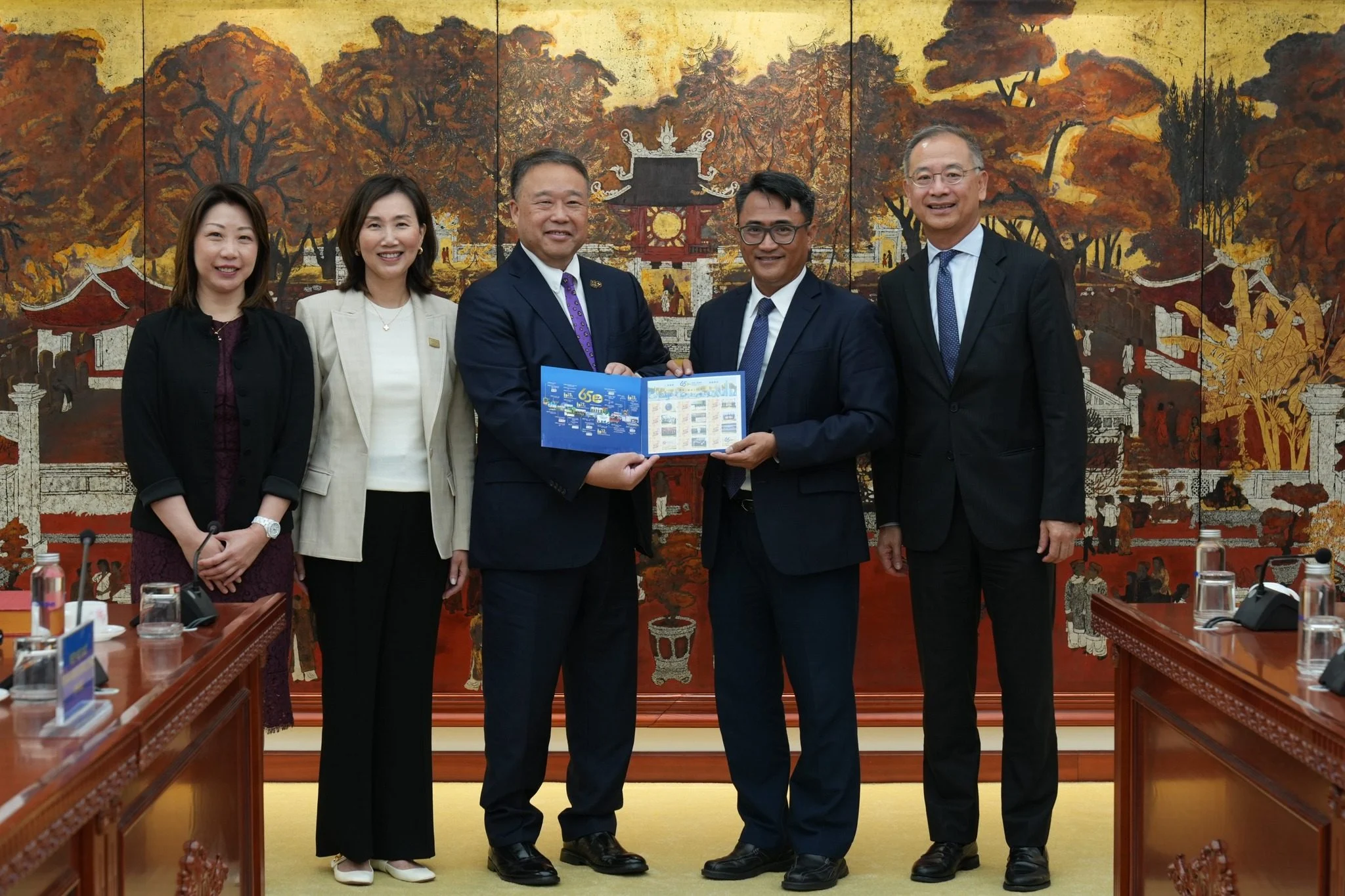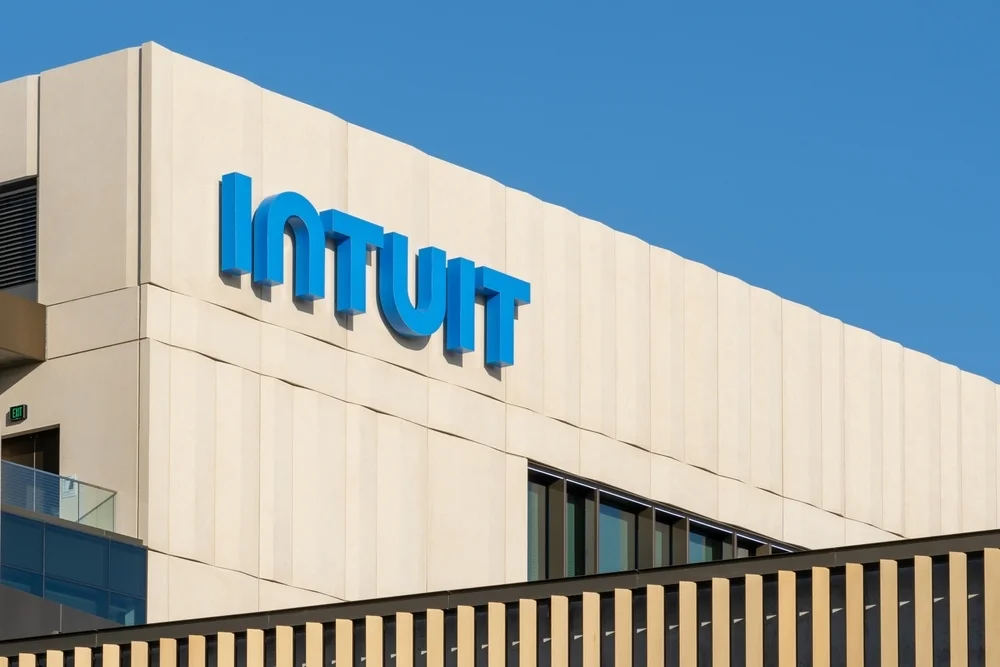By Lam Ka-Sing
Copyright scmp

One of Hong Kong’s largest business chambers is taking on a bigger role in leading trade delegations to help local and mainland Chinese firms reach new markets abroad, with plans to visit Osaka this week and Hangzhou in December, according to its new chairman.
Chief Executive John Lee Ka-chiu highlighted in his policy address last week the Federation of Hong Kong Industries’ recent business trip to Vietnam as an example of how the city was pooling industry strengths to support companies’ efforts to go global.
Anthony Lam Sai-ho, who became chairman of the federation in early August, said that the government’s recently announced measures to develop new and emerging industries, fast-track the Northern Metropolis mega development, and support businesses through various funds and subsidies, would also help Hong Kong identify new growth areas.
He noted that the policy address’s clear direction on how Hong Kong should leverage new opportunities was “more concentrated on going out” into the world.
Lee had cited the federation’s trip to Vietnam, in collaboration with the Hong Kong Association of Banks, as an initiative to collectively explore business opportunities in Southeast Asia and support the “‘going global’ platform”.
Lam said that for the trip to Osaka, Japan, on September 22 to 25, apart from visiting the Expo 2025, the delegation would study the city’s model for industrial upgrading in modern manufacturing and biotechnology, and also explore the silver economy.
“This time in Osaka … we’ll be meeting two governors and the Chinese consul general so our members know who to meet for support, and we will connect with local conglomerates and trade bodies to build networks,” Lam told the Post.
“We are also planning a visit to Hangzhou in December to explore its world-renowned digital economy and e-commerce sector.
“Many mainland Chinese delegations have come to Hong Kong, but we want to go to the source to see what they can offer.”
In organising these trips, the federation acted as a “facilitator” to give participants an opportunity to make global connections, Lam said.
“For example, if I don’t take them to Saudi Arabia, not many members will go there themselves,” he said.
“But now, after taking them there, they can meet some of the distributors … the supermarket businesses, some of the manufacturers. Delegates can also supply them, and it’s for them to discuss.”
Lam said the federation’s role was to vet referrals, and liaise with the government’s Economic and Trade Offices to ensure delegates were properly connected to the right officials overseas and made the most of their trips.
“For example, if you just walk into a chamber of commerce in Qatar, you won’t know who to meet, and you won’t know whether the person is reliable or not.”
In a move to strengthen the city’s international standing, Lam said Hong Kong should join agreements such as the Regional Comprehensive Economic Partnership (RCEP) and the Comprehensive and Progressive Agreement for Trans-Pacific Partnership (CPTPP) to enhance its trade and investment position.
He offered to help the government in negotiations and suggested Hong Kong sign free trade agreements with individual countries on CPTPP terms to accelerate the process.
“The sooner the better, the faster the better,” Lam said.
Lam, vice-chairman and group CEO of Golden Resources Group, which sells rice under well-known labels such as Golden Elephant Brand, Kangaroo Brand, Kam Heung and Golden Boat Brand, is also a member of the Hong Kong Trade and Industry Department’s customer liaison group for rice.
His company has diversified its operations and expanded into new foreign markets, serving as an example of how local businesses can innovate to overcome domestic market challenges, in particular the continuous decline in rice consumption.
Golden Resources Group has also been operating Circle K convenience stores in Vietnam since 2008.
In June 2023, the company initiated the Niseko-based Hirafu “retailtainment” hub project in Hokkaido, to develop land and properties for retail, food and beverage, and other events and services for the growing number of visitors and residents there.
He revealed how his company was adapting to changing consumer habits by launching microwaveable rice and planned to apply for government funding to develop a smart production line for pre-washed rice.
Lam said Hongkongers were eating less rice but a growing population meant total consumption might still increase.



